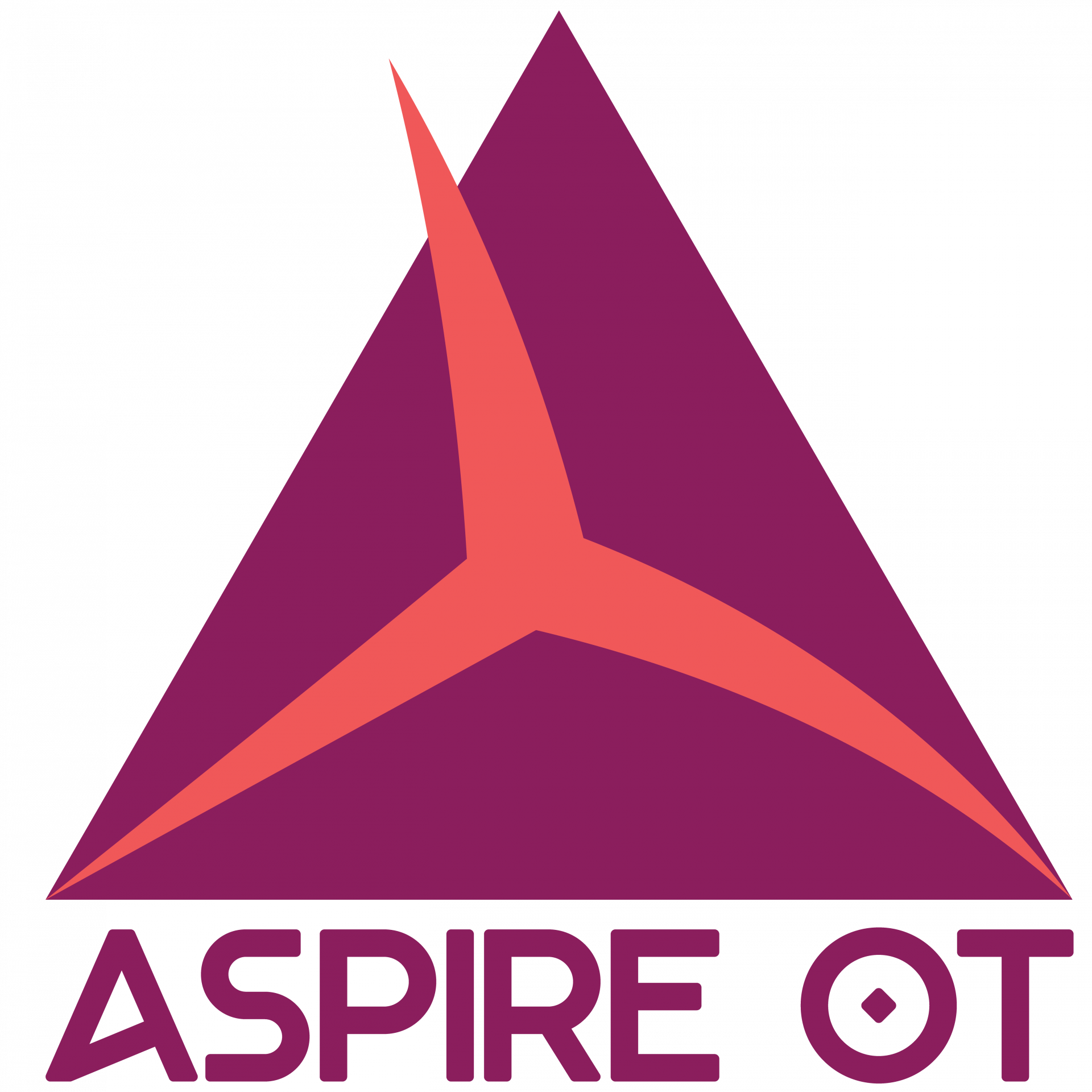
Welcome to guest blogger and Aspire OT instructor!
Martha Garrett Theisen, MA, OTR/L
As a pediatric OT working in schools for 24 years, I began to hear more and more often teachers saying different versions of this:
“I don’t want to discourage my student’s love of writing, by focusing on their messy handwriting”
I realize that teachers with this opinion have only the best intentions for their students at heart, however, I would like to challenge these types of statements as being well-intentioned, but ultimately misguided.
Learning the basic building blocks is always essential to any pursuit in which our students, or for that matter any of us, choose to engage.
When one wants to learn to play a musical instrument, it is essential to first learn how to play the basic notes. We will not have the freedom to play musical pieces until we first learn and practice the basics. When one wants to learn to read, it is essential to first learn letter identification and letter sounds. Without phonemic awareness, we will not have the freedom to read words, sentences, and ultimately books. So too with writing, when one wants to learn to write, it is essential to learn and practice the basics of writing, namely handwriting. Without basic handwriting skills, we will not have the freedom to write creatively. And instead of discouraging a student’s love of writing, I assert that teaching basic handwriting skills improves a student’s ability to write creatively, opening up a lifetime of expressing their thoughts and ideas through the written word.
Let’s be clear, I am also not a proponent of going back to the time when perfection in penmanship was required of all students. In my mind, that extreme position could be as damaging to students’ confidence as the damage caused by allowing a child to continue to write illegibly. I’m simply suggesting that a happy medium be reached. A medium that requires students to write in a readable, functional manner that they can feel proud of, and others can easily read.
It is also crucial to keep in mind the research supporting the importance of systematically teaching handwriting in the early elementary years. For example, Dinehart, in her 2014 article points out that “early fine motor writing skills are quickly becoming recognized as an important school readiness skill associated with later academic success.” She then goes on to provide a thorough review of the literature related to handwriting and its rightful place in early childhood education.
As pediatric OT practitioners, we can help turn the tide, and change the perception about the importance of building basic functional handwriting skills in our students. Once teachers observe how improved handwriting skills result in the improved ability and willingness to write in their students, they will be convinced of this importance themselves. They may even witness their most reluctant writers grow to love creative writing, which was the whole goal in the first place!
Dinehart, L. H. (2014). Handwriting in early childhood education: Current research and future implications. Journal of Early Childhood Literacy. Volume: 15 issue: 1, page(s): 97-118. https://doi.org/10.1177/1468798414522825
Check out Martha's Self-Paced Course
Handwriting Instruction and Remediation: Practical Implications for Today's Pediatric OT Practitioner
What people are saying about this course
Aspire OT has a variety of school-based courses.
We are better together!
Don't Miss A Thing!
Follow us on social media to stay up to date on all of our latest postings.
Join our newsletter
Coaching, JUST for OT Practitioners!
Do you feel like you need more mentorship and feedback in your clinical practice?

